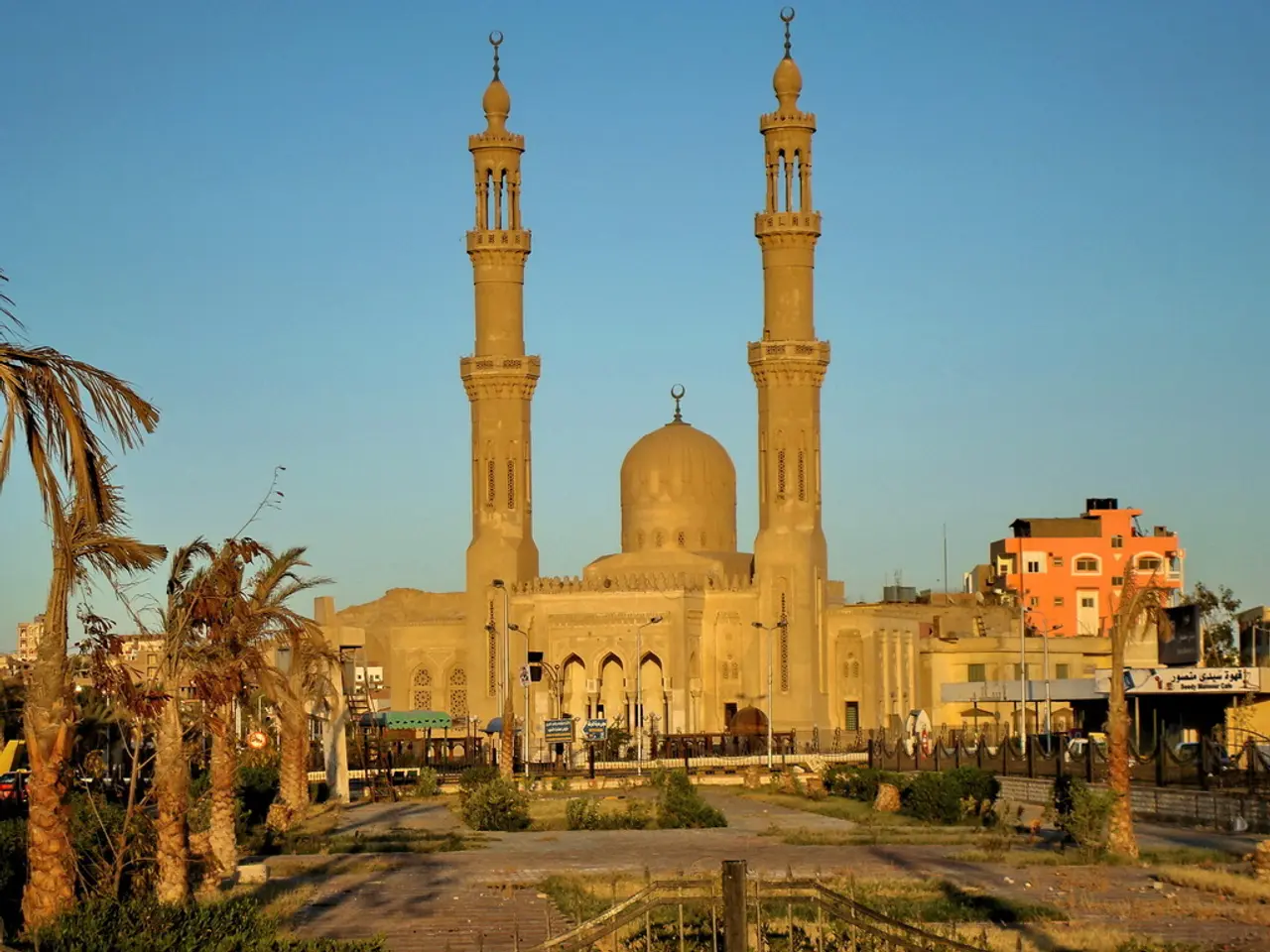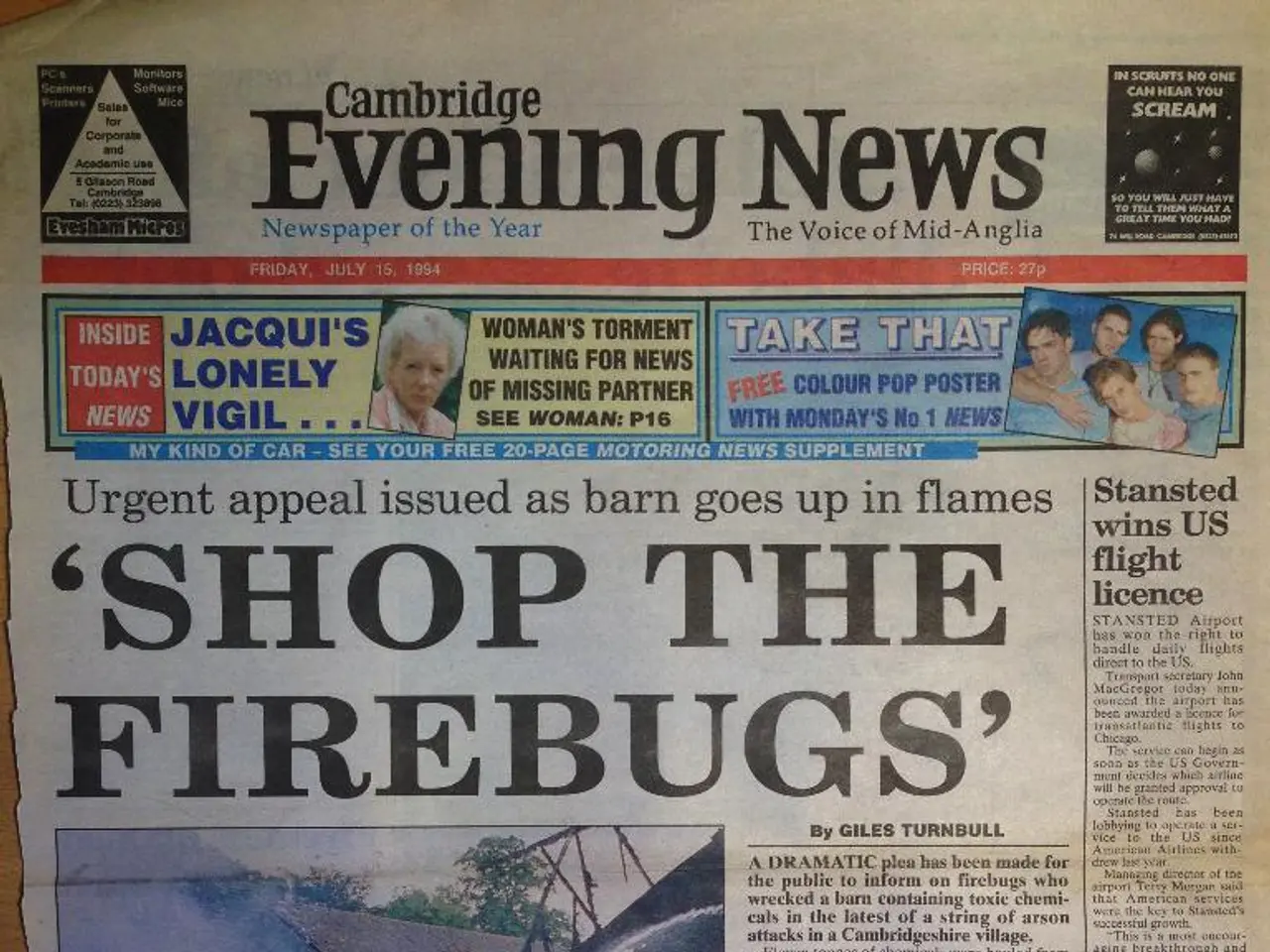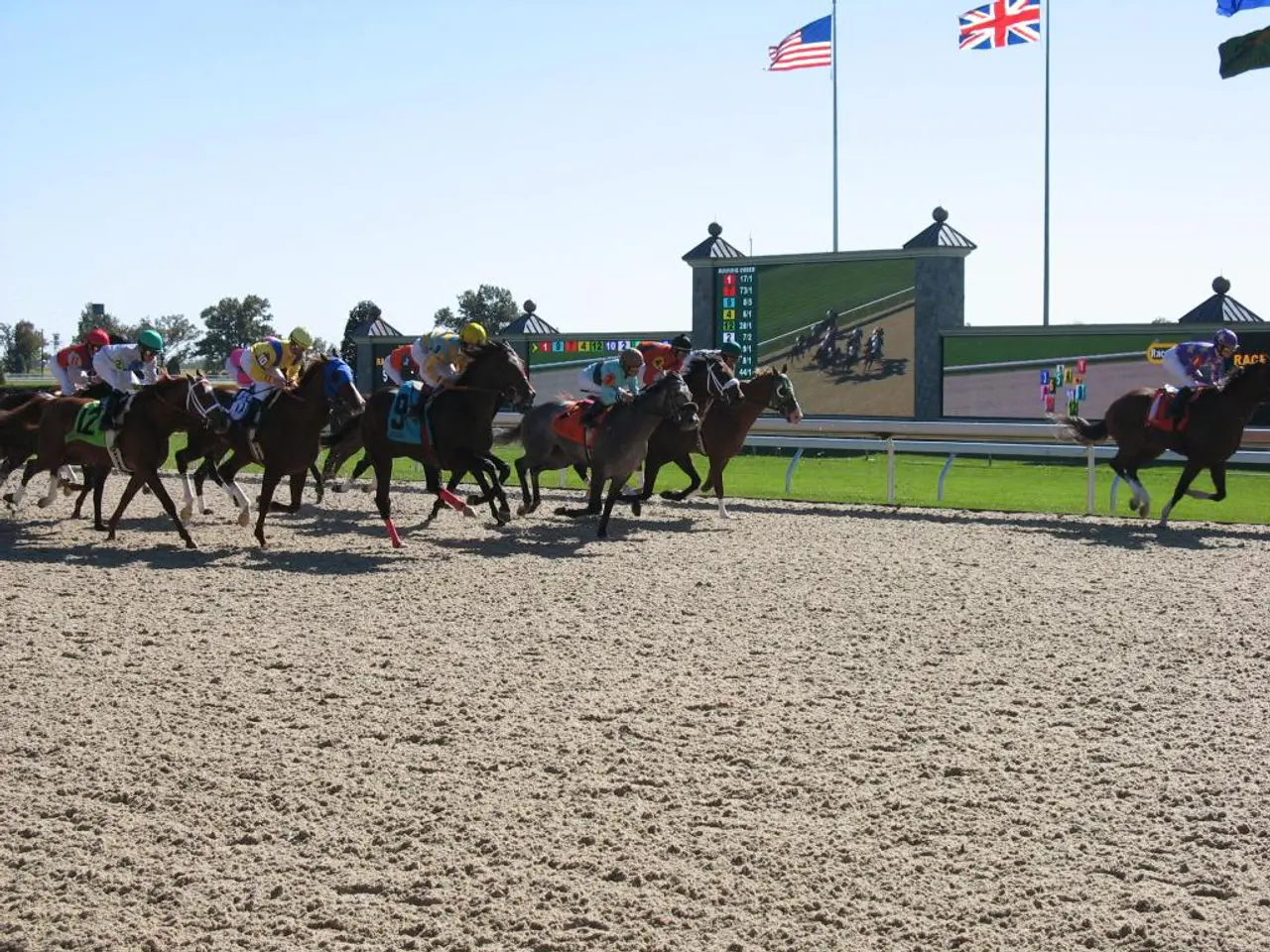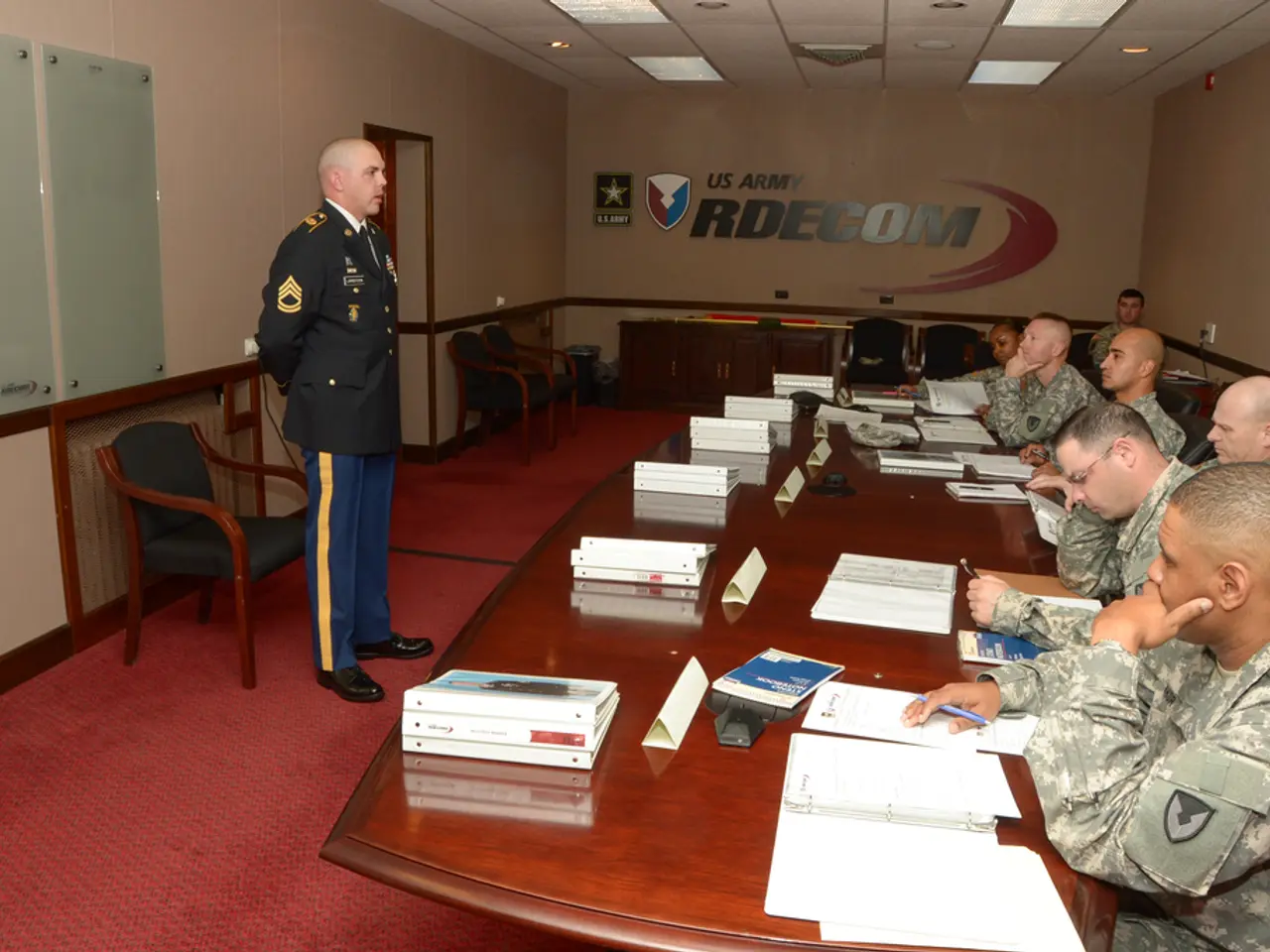Mosque in Mathura, Identified as Non-Disputed Structure; Allahabad High Court Dismisses Plea from Hindu Side
In the heart of Mathura, India, a long-standing legal controversy surrounding the Shahi Idgah mosque continues to unfold. The mosque, built during the reign of Mughal emperor Aurangzeb, is located near the Shri Krishna Janambhoomi temple complex and is at the centre of a dispute over its status as a disputed property in the Shri Krishna Janambhoomi case.
The controversy's roots can be traced back to historical claims that the mosque may have been built on the original birthplace of Lord Krishna, which was previously occupied by a Hindu temple. Petitioners, including Mahendra Pratap Singh, have filed suits claiming the mosque is a disputed structure and should be removed to make way for a Hindu temple. They argue that the mosque bears symbols of Hindu deities and lacks documentation to prove its status as a mosque.
Recent legal developments have seen the Allahabad High Court dismiss a plea to declare the Shahi Idgah mosque as a "disputed structure." The court ruled that such a declaration would be premature and prejudicial to the ongoing case, which involves multiple suits challenging the mosque’s presence. The Muslim side argued that the mosque has existed for over 400 years and its status as a mosque is not in dispute. They also pointed out that the Shahi Idgah is a waqf property, a religious endowment, which has been recognized as such for centuries.
The case is complicated by the Places of Worship (Special Provisions) Act, 1991, which seeks to maintain the status quo of religious places as they existed on August 15, 1947. This act bars suits that seek to alter the character of a place of worship unless it was converted by force or structural changes were made after the cutoff date.
Despite the ongoing legal battle, the Shahi Idgah mosque remains a significant part of Mathura's religious and cultural landscape. The Muslim side asserts that the demand to declare the structure disputed is 'baseless'. The petitioner, on the other hand, argues that the Muslim side has not provided any documentary evidence to prove it is a mosque.
This legal controversy underscores the tension between religious claims and legal precedents, with the court balancing the need to preserve judicial impartiality while addressing deeply held religious beliefs. The future of the Shahi Idgah mosque continues to be a topic of intense interest and debate in Mathura and beyond.
The ongoing legal controversy surrounding the Shahi Idgah mosque in Mathura, India, is not just a local issue but also a subject of general-news discussions due to its religious and historical implications. Politics comes into play as petitioners, including Mahendra Pratap Singh, push for the mosque's removal, while the Muslim side argues for its recognition as a waqf property and an existing mosque for over 400 years.







